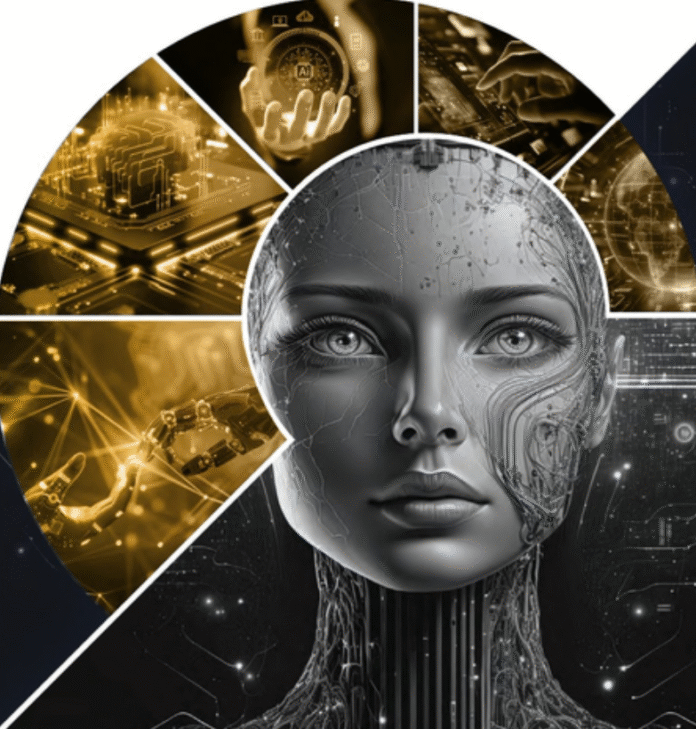New Delhi— India’s artificial intelligence (AI) talent pool has grown significantly in 2025, crossing 416,000 professionals, according to a report released Friday by Quess Corp, a leading staffing and workforce solutions company.
Despite this impressive milestone, the country faces a substantial 51% demand-supply gap in AI talent, underscoring the urgent need to build future-ready capabilities across industries.
AI hiring in India has expanded eightfold since 2017, shifting from generalist roles to more specialized, capability-aligned positions. Job listings now prioritize skills such as tech stack fluency, production-readiness, and tool-specific expertise—signaling a broader industry transition from experimentation to full-scale deployment.
“The rise of AI represents more than just a shift in hiring trends—it’s a generational opportunity,” said Kapil Joshi, CEO of Quess IT Staffing. “Between March 2024 and March 2025, the demand for AI and data professionals in India surged nearly 45%. In emerging fields like generative AI (GenAI) engineering, there’s only one qualified candidate for every ten open roles. This isn’t just a hiring gap—it’s a strategic gap.”
Joshi emphasized that India possesses the scale, talent, and potential to lead the global AI revolution, but capitalizing on this opportunity will require coordinated action from industry leaders, educators, and policymakers.
The report also highlighted a sharp increase in salaries for AI professionals. Entry-level roles now command salaries between ₹8–12 lakh per annum (LPA), while specialists in areas like natural language processing (NLP) and GenAI with 5–8 years of experience can earn ₹25–35 LPA. Senior professionals at top product firms and Global Capability Centers (GCCs) are seeing salaries exceeding ₹45 LPA.
The banking, financial services, and insurance (BFSI) sector leads AI demand in India, accounting for 24% of total hiring, followed by IT services and healthcare.
In-demand roles include data scientists, machine learning engineers, AI developers, and researchers. There’s also rising demand for AI product managers and business analysts who can bridge technical innovations with real-world business outcomes.
While major hubs like Bengaluru, Delhi NCR, and Hyderabad continue to dominate GenAI hiring, Tier-2 cities are rapidly emerging as key contributors. Cities like Kochi, Ahmedabad, and Coimbatore now account for 70% of the AI demand from Tier-2 locations, signaling the rise of distributed talent hubs across the country.
GCCs make up 23% of India’s AI hiring and are playing a critical role in building a GenAI-ready workforce.
The report concludes with a call for targeted academic-industry collaborations, focused upskilling programs, and proactive policy initiatives to prepare India’s workforce for an AI-driven future. (Source: IANS)







